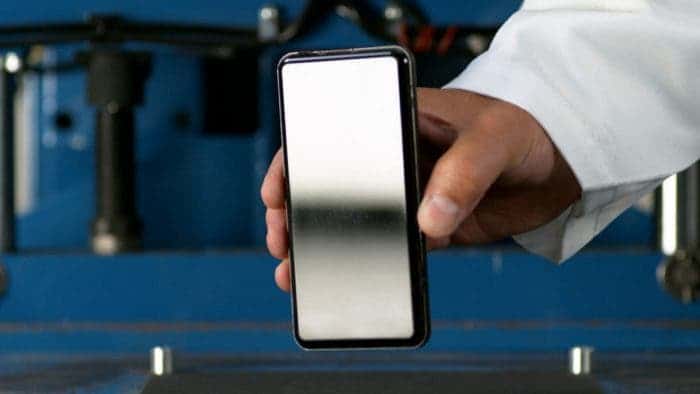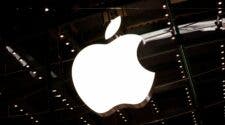Currently, all smartphones in the mid-to-high-end niche use some coverings to protect the screen and the back panel as well. But only the Corning Gorilla Glass is on everyone’s lips. However, this is not accidental because currently it offers the best covers for flagship phones. And as more and more smartphone makers use its products, Apple has decided to invest additional $45 million in this company.

In fact, Apple awards the sum from its Advanced Manufacturing Fund. In the past four years, the Cupertino-based company has managed to invest over $450 million. As Apple stated, the investment will “expand Corning’s manufacturing capacity in the US and drive research and development into innovative new technologies that support durability and long-lasting product life.”
Though Corning makes protective glass for variety of products, initially, its main client was Apple. Corning provides glass for many Apple products, such as the iPhone, iPad, and Apple Watch. A year ago, these two collaborated on the iPhone 12 lineup’s Ceramic Shield technology. If you remember, Apple was claiming it is “tougher than any smartphone glass”. So this technology is capable of making Apple flagship iPhones 4x more resistant to damage from drops.
New Technology For Foldable iPhone
Apple didn’t disclose how Corning is going to use the $45 million investment. But as there are many rumors and leaks claiming Apple will launch a foldable iPhone in 2023, there is every reason to think Corning will have a serious role in this project. In fact, our assumptions are not groundless. Back in 2019, there were reports that Corning was developing a bendable glass. In February 2020, Corning said that devices using this technology will appear on the market in 12 to 18 months. If Corning could create a foldable glass, many foldable smartphone makers will use it and there will be no need for a layer of plastic protection. Say, Samsung’s latest foldable handsets come with the latter.
“Today, when you buy a phone with Gorilla Glass, you’re touching glass … that’s what we’re working towards,” Corning said of its ambitions for bendable glass last year.
In technical aspects, Corning’s goal is to create an ultra-thin glass with a thickness of 0.1mm and a bending radius of 3~5mm. This will allow the folding smartphone to be controlled to 6~10mm thick when it is not open.
At the moment, there is no news about a final product from Corning, but the launch time of the first foldable iPhone is approaching. So this investment is logical. And likely, Corning will manage finishing development in time.





